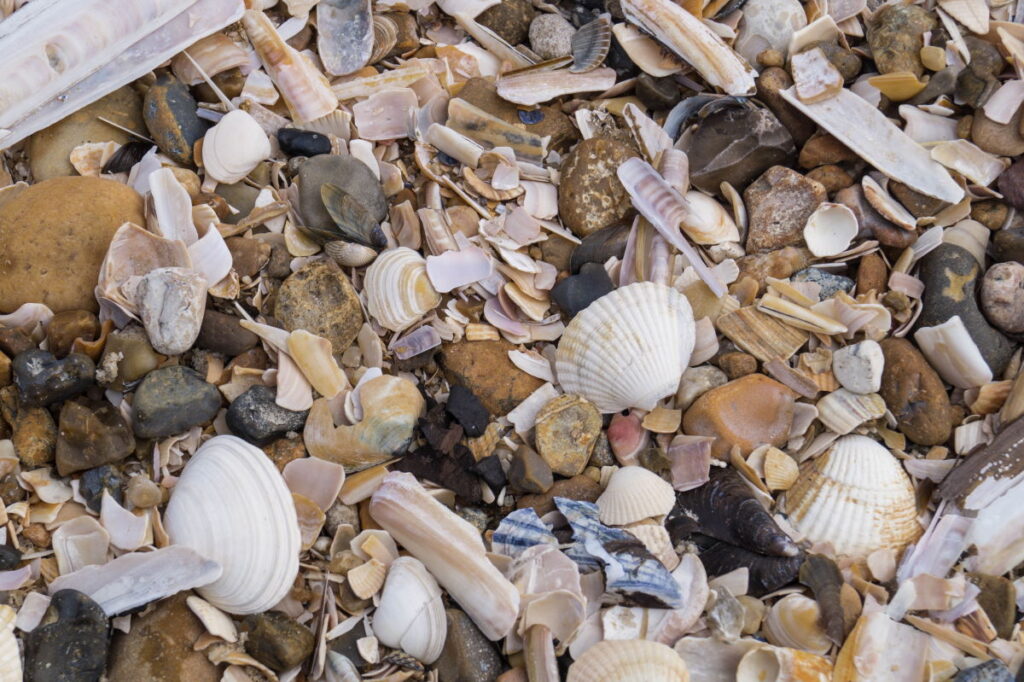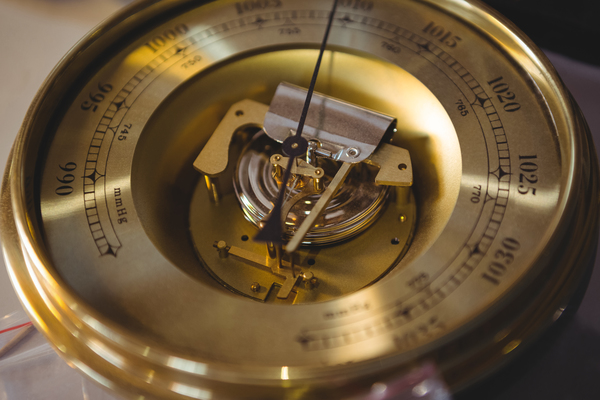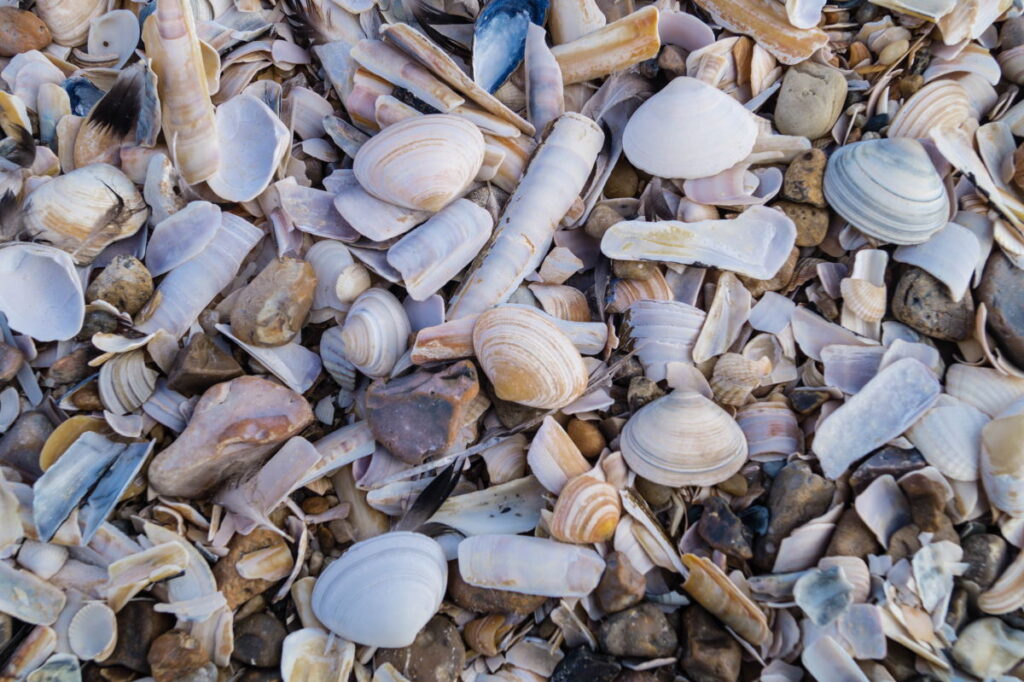You’re preparing that amazing seafood dinner. Shellfish in hand, leftover seafood parts. Then you start wondering, “can you compost clam shells?” It turns out that, yes, you can compost clam shells. They are a wonderful source of nitrogen, carbon, oxygen, and calcium for your compost.
They also help to reduce the acidity in your compost. This can be particularly helpful if you’ve been adding a lot of citruses, orange peels, pine needles, or other acidic substances to your compost.
Of course, clam shells started out as a way to protect the clams. They don’t break down easily, and it will require some work to get them ready to compost (unless you want to use them later to turn your compost or shovel it out.)

How to Compost Clam Shells
Clamshells take a bit of preparation to get them ready to compost. Here is what you want to do:
- Thoroughly clean the clam shells – You want to get the smell and chemicals off them before adding them to your compost pile. This will help keep the risk of them attracting pests down.
- Crush or Break Up the Clam Shells – This can be as simple as wrapping them in a kitchen towel and smashing them with a hammer (fun for the kids). Breaking them up helps them break down faster.
- Bury Your Shells – You want them in the middle of your pile like we see with other animal products. You want to mix them up in the compost.

How Long Does It Take for Clam Shells to Decompose?
If you don’t break them up, you can measure the time in years that it will take them to break up (how many naked clams have you met?)
If you break them up first, it will take several weeks or a couple of months for them to decompose. They are sturdy materials, so they take some time to decompose. Shells, peels, and other natural substances designed to protect other foods and animals aren’t going to decompose quickly.
Clams are a rich source of nutrients and pH balancing for your compost. In addition to nitrogen, they add a variety of other nutrients and minerals that will help your compost and your plants.
